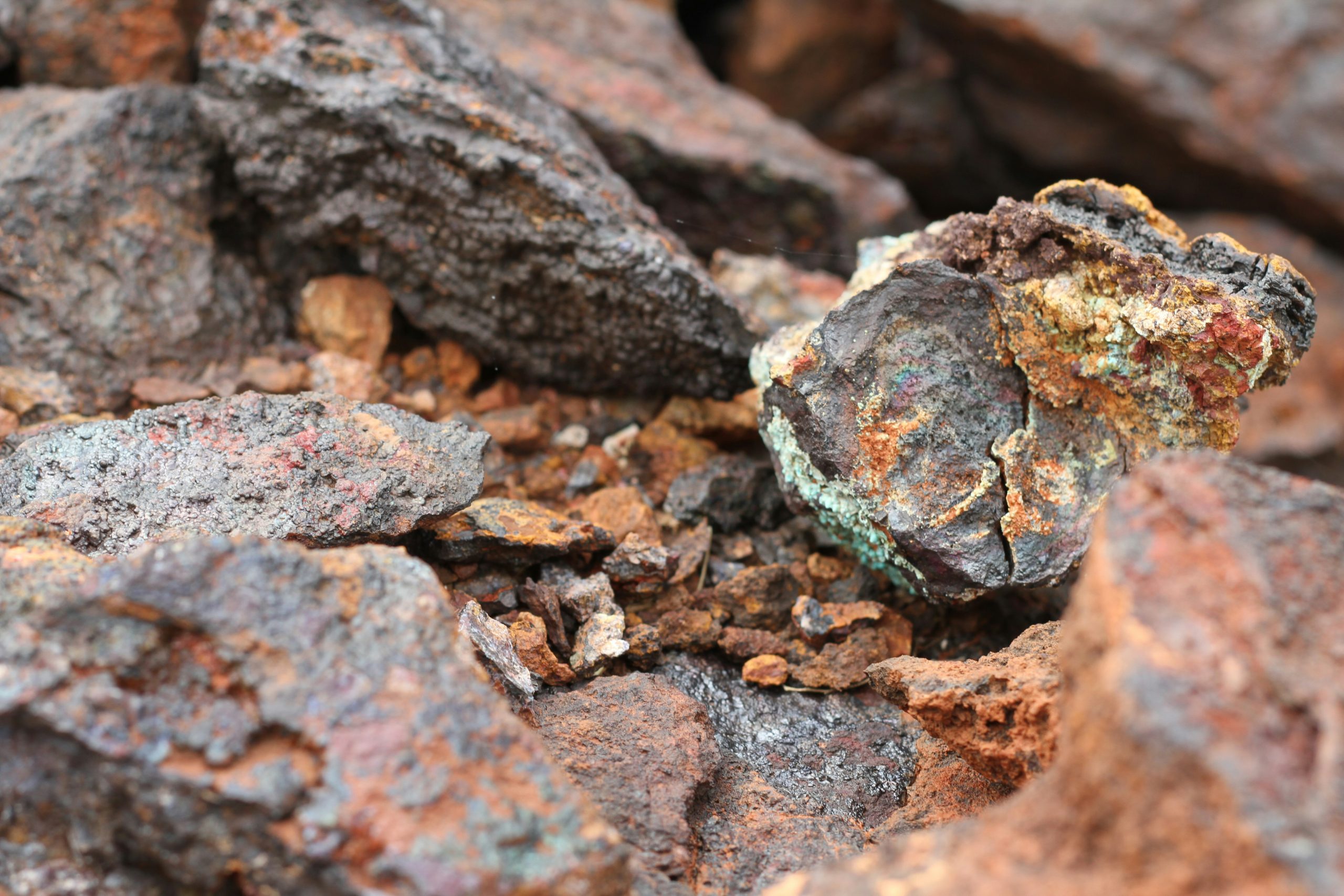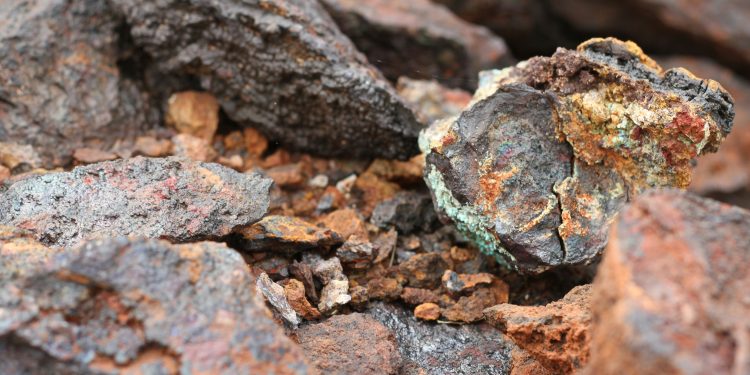The Democratic Republic of Congo is considering extending its four-month ban on cobalt exports, raising fresh concerns among global mining firms. According to four sources familiar with internal discussions, the government is still debating how to fairly implement export quotas. The existing export ban, introduced in February to address falling prices, is set to expire on Sunday. But insiders say Congo may continue the restriction to gain more time for planning quota allocations among companies that produce cobalt, a crucial mineral used in electric vehicle batteries.
“Some in government raised concerns about revenues, employment, and informal supply chains,” said Zack Hartwanger, head of commercial, Africa at Open Mineral. He explained there’s a visible conflict between long-term industrial policy and current economic pressures. While some officials want the ban extended to stabilise the cobalt market, others worry it will disrupt earnings and jobs.

Quotas Divide Congo’s Cobalt Giants
Support for the proposal is not universal. Glencore, the world’s second-largest cobalt producer, supports the quota system. However, CMOC Group, the top global cobalt producer, wants the ban lifted and has lobbied for full market access. Eurasian Resources Group, another major player in Congo, is also pushing for clarity on the quota plan. A source told Reuters that the group prefers to see the ban scrapped and replaced with transparent export rules.
Congo’s Ministry of Mines and the regulator ARECOMS, responsible for enforcing the export curbs, have not responded to requests for comments. But the silence has done little to ease the tension in the industry, especially as CMOC continues to ramp up cobalt production at its two Congolese sites, despite weak demand from electric vehicle manufacturers.
Oversupply and Price Crash Force Government Strategy Shift
The ban originally came after cobalt prices plunged to a nine-year low—$10 per pound or $22,000 per ton. The government hoped the ban would ease the glut and push prices back up. But with electric vehicle growth slowing, demand hasn’t bounced back fast enough. The current debate is now about how to balance economic needs with strategic control over vital minerals.
What’s clear is that the Congo cobalt export ban extension has sparked unease among producers, traders, and government officials. The longer the uncertainty continues, the more pressure will build. Whether Congo sticks with the ban or moves forward with export quotas, the outcome will shape the global cobalt market for months to come.
Congo Cobalt Export Ban Extension Raises Tensions Over Quotas
As Sunday’s deadline looms, the Congo cobalt export ban extension remains undecided. The government is caught between boosting prices and managing real economic consequences. With top producers like Glencore backing quotas and rivals like CMOC demanding a free market, the debate has exposed serious rifts.

















